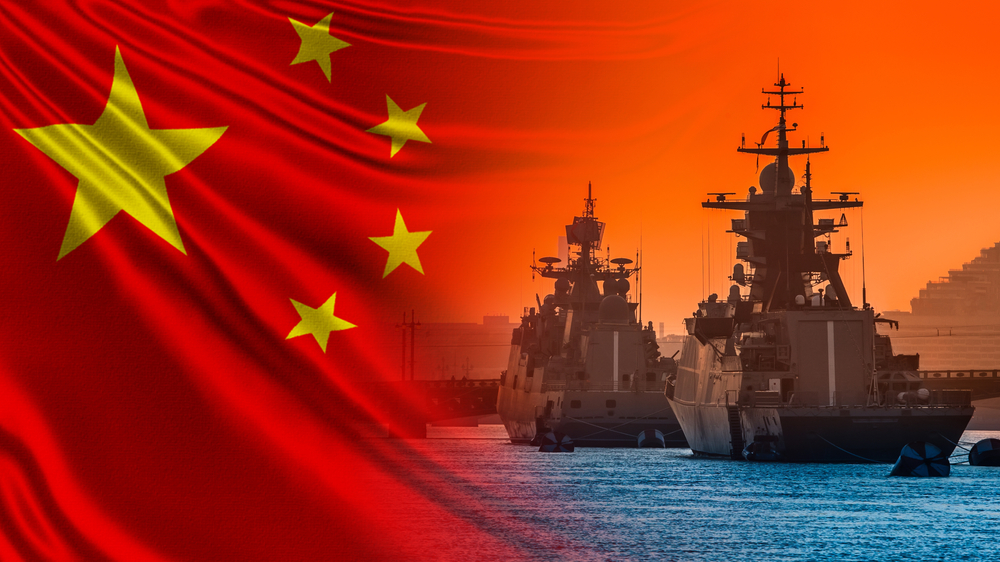U.S. Admiral warns China’s military drills near Taiwan aren’t just exercises—they’re a rehearsal for something bigger.
Others are reading now
China’s recent military maneuvers near Taiwan are not just routine exercises but full-scale rehearsals for potential action, according to Admiral Samuel Paparo, commander of the U.S. Indo-Pacific Fleet.
Speaking at the Honolulu Defense Forum, Paparo warned that Beijing’s growing military operations — spanning spy balloons, naval patrols, and air incursions — are designed to “force Taiwan to reunify with the mainland.”
“These are not exercises,” Paparo said, according to WP Tech. “They are rehearsals.”
China’s Longstanding Claims
Despite these warnings, Professor Maciej Gaca, a sinologist from Nicolaus Copernicus University, takes a more measured approach.
Also read
He argues that China’s territorial ambitions in the region are nothing new and that an outright military invasion of Taiwan is unlikely because it would destroy the very infrastructure that makes the island valuable to Beijing.
“The Chinese will not be interested in military conquest of Taiwan, because it would involve the destruction of the island, its infrastructure—everything that is valuable there from their point of view,” Gaca explained.
He also emphasized that China’s claims to the Taiwan Strait, the East China Sea, and the South China Sea have remained unchanged for decades.
“They treat the East China Sea, the South China Sea—at least in rhetoric—as their internal seas and are trying to impose this way of thinking on the international community,” he said.
Rising Tension
China’s latest military drills, called “Joint Sword-2024B,” took place in December 2024 in response to Taiwanese President Lai Ching-te’s foreign visits, including a stop in the U.S. These were Beijing’s largest military operations yet, surpassing previous exercises in May and October 2024 and involving 125 aircraft, warships, and the Liaoning aircraft carrier.
Gaca believes these drills are a pressure tactic rather than preparation for an imminent invasion, meant to discourage diplomatic recognition of Taiwan.
“Open, aggressive actions would be condemned internationally and undermine Beijing’s narrative of trying to attract countries from the Global South,” he said.
The United States, Japan, South Korea, and the Philippines have all responded by reinforcing their military presence in the region. Washington has renewed agreements with the Philippines to build new military bases, while Japan has publicly committed to defending Taiwan if necessary.
The U.S. has also expanded arms deals with Taiwan, with reports of a $7-10 billion weapons package that includes cruise missiles and HIMARS rocket launchers.
China’s Strategy: Force Without War?
For now, China appears to be using military intimidation rather than direct conflict.
The growing presence of U.S. and allied forces in the region suggests that any Chinese move on Taiwan will not go unchallenged.
As Admiral Paparo warned, China’s increasingly complex multi-domain operations show “clear intentions and growing capabilities.”

